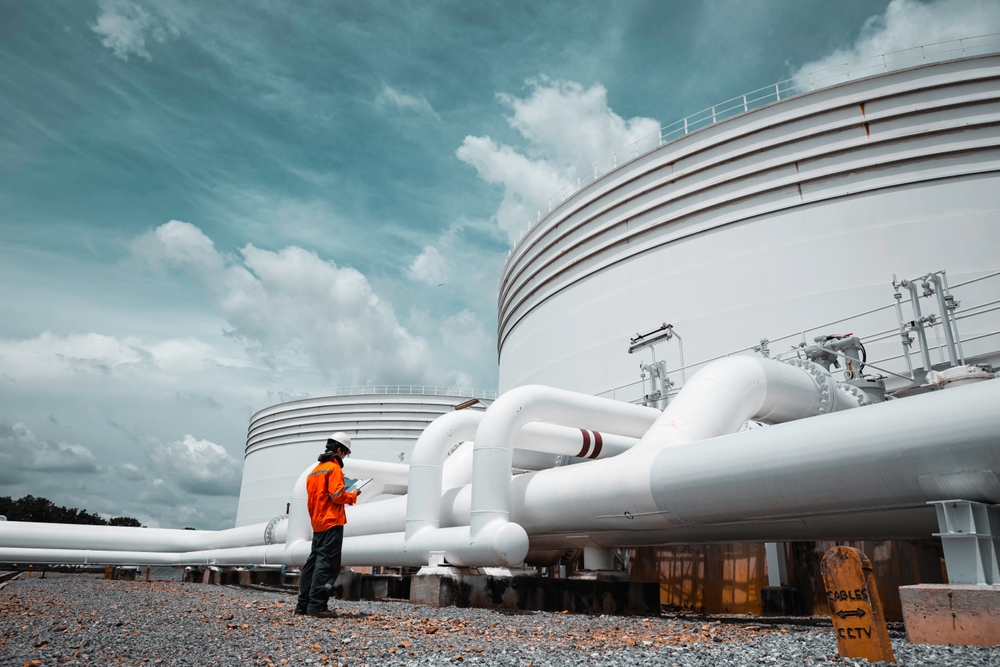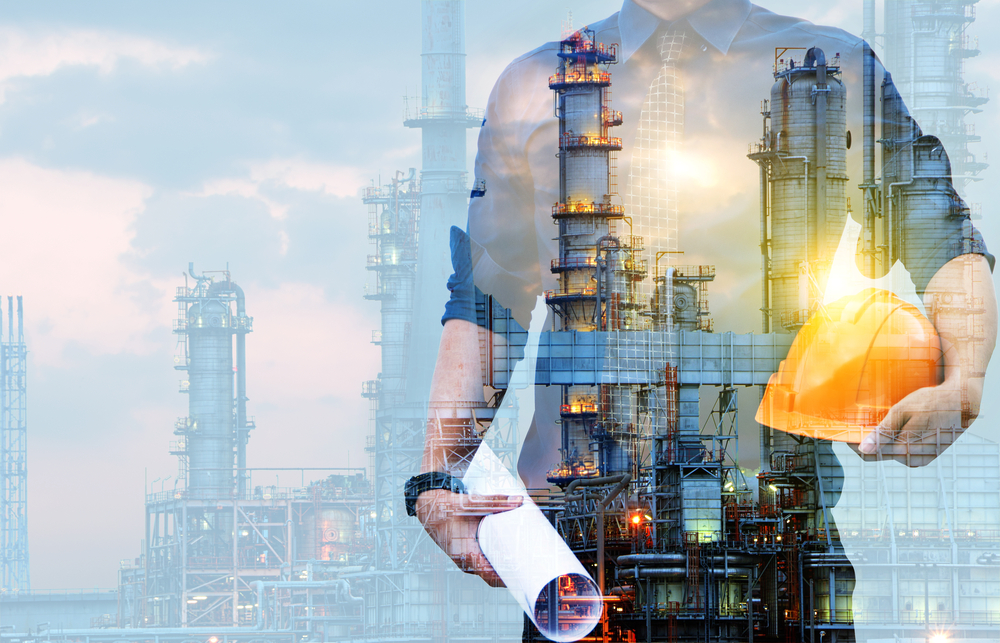Industrial Instrumentation and Advanced Control Systems Course
Introduction:
Real-time and systematic evaluation and control are crucial in industrial operations, including industrial instrumentation and control. Instrumentation systems are designed to analyze and measure variables such as temperature, pressure, flow, and level, while control systems use feedback and advanced strategies to maintain desired process conditions.
This course offers an in-depth exploration of industrial instrumentation and control systems. It introduces fundamental principles and techniques, equipping engineers and technicians to address complex measurement and control challenges. Participants will engage in practical activities to design, build, test, and evaluate instrumentation systems using various instruments and control techniques.
Objectives:
At the end of this industrial instrumentation and control systems course, participants will be able to:
- Acquire principles and practices of various sensors and transducers.
- Design, construct, and test instrumentation systems, including signal conditioning and sensor systems.
- Apply different measurement techniques competently.
- Understand process control and basic concepts of process variables.
- Share knowledge and experiences through peer discussions.
- Implement and tune process control systems using classic PID control methods.
- Address specific measurement problems using acquired tools.
- Assess and select appropriate sensor technologies for systems.
- Create, implement, and validate instrumentation systems based on specifications.
- Identify components and functions of process control systems.
- Conduct calibration, signal conditioning, and measurement from systems.
Training Methodology:
- Internalization of knowledge through lectures
- Rehearsal and practice via workshops
- E-learning and various case studies
- Group discussions
- Graphical statistics and features
- Work-based learning through actual cases
Course Outline:
Unit 1: Introduction to Sensors, Transducers, and Instrumentation Systems
- Course overview, plan, and timeline
- Definitions and concepts of sensors, transducers, and instrumentation systems
- Real-life applications
- Key concepts: Error maximum, Hysteresis loop, Reproducibility, Sensitivity ratio, Precision, Range, Time constant
- Process variables: Mass flow rate, Flow rate, Compression ratio, Thickness, Mix
Unit 2: Strain, Pressure, and Flow Measurement
- Principles of strain measurement: Tension, compression, stress, strain, Young's modulus
- Gauges: Operation, design, and installation
- Pressure measurement: Diaphragms, Bellows, Capacitors, Optical fibers, and other systems
- Flow measurement: Reynolds number, Invasive types, Coriolis, Differential pressure meters, Orifice plate, Venturi tube, Flow nozzle, Dall flow tube, Electromagnetic flow meters
Unit 3: Temperature, Level Measurement, and Ultrasonic Techniques
- Temperature scales and measurement: RTDs, Thermistors, Thermocouples, Infrared Pyrometers
- Level measurement: Point level and continuous level, Lateral, immersed, and burial techniques
- Ultrasonic methods: Capacitance, Piezometric, Doppler, Transit techniques, Ultrasonic Flow Meter
Unit 4: Basic Principles of Process Control Engineering
- Managing policies
- Block method representation
- Elements of control: Servomechanisms, Regulators, Open and closed loop systems
- Negative Feedback (NFB) and control transfer functions
- Dynamics: 1st and 2nd order, Control inversion, Application, and loops
- On/off control, PWM, Two-stage control action, Proportional control
- Proportional band, Proportional gain, Proportional offset, Reset, Integral action, Integral windup, Derivative action, PID control
Unit 5: Tuning PID Controllers
- Stability and system response
- Bode plot and Nyquist plot
- Load disturbances and offset
- Empirical methods: Open loop reaction curve, Ziegler-Nichols method
- Default and typical settings
- Closed-loop continuous cycling method of Ziegler-Nichols
- Fine-tuning PID controllers

.jpg)

.jpg)
.jpg)
.jpg)















